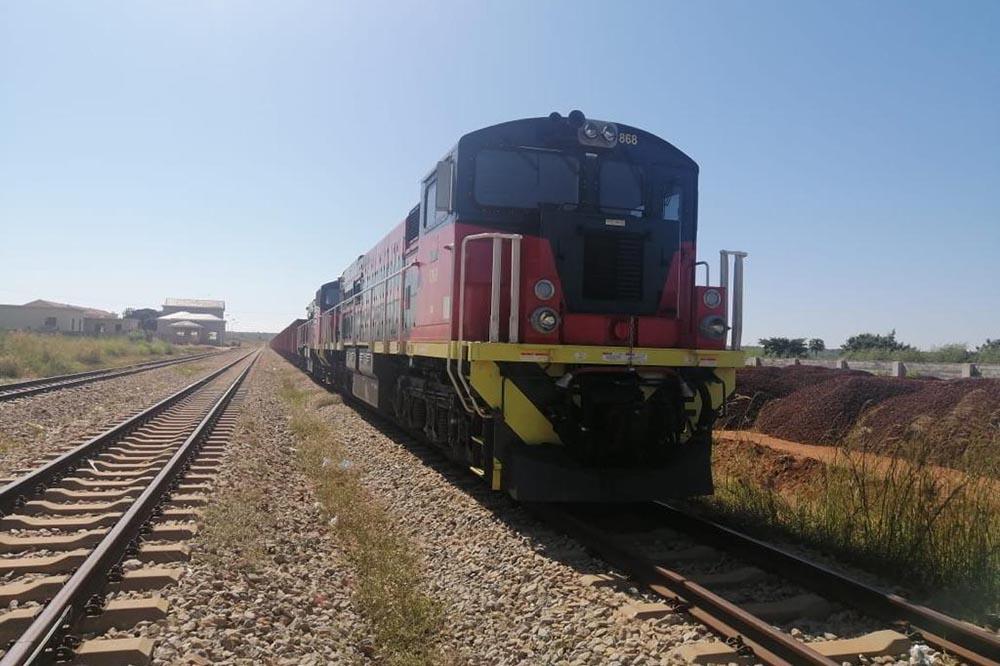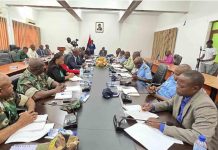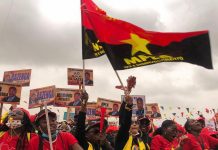Africa-Press – Angola. The traditional authorities of the province of Zaire suggested, this Friday, in Mbanza Kongo, the inclusion in the Angola-2050 Long Term Strategy (ELP-2050), the construction of a railway line between the provinces of Zaire and Uíge, also passing through the Democratic Republic of Congo (DRC).
When intervening in the act of presentation and public hearing of the said document, the coordinator of the core of traditional authorities of Mbanza Kongo, Afonso Mendes, stressed that the construction of a railway, in addition to facilitating mobility, would also contribute to the socioeconomic development of the two provinces located in the north of the country.
“This intention already existed before national independence”, he recalled, stating that the railroad brings development to the most remote locations.
Afonso Mendes underlined that its inclusion in the 2050 Long-Term Strategy would mean “projecting a sustainable development for future generations”.
“The means of communication are so important for the development of any society. The train is sorely needed in the north of the country, so we defend the construction of a railway line that can connect to the DRC”, he reiterated.
In turn, the head of traditional authorities in the municipality of Cuimba, Ntinti Lulendo, also agrees with the same opinion, stating that a railway linking Uíge/Zaire/RDC would boost the economy of the northern region of Angola.
Ntinti Lulendo defended that this project would also cover the eastern region of the country, but specifically the provinces of Lundas Norte and Sul.
The Long-Term Strategy – Angola 2050 is a bifocal plan, with a clear vision of what is intended for the country in the future, but clearly and decisively articulating the short-term initiatives that ensure the right direction.
The document is based on five pillars – Society that values and enhances its human capital; Modern and competitive infrastructures; Diverse and prosperous economy; Resilient and sustainable ecosystem and fair nation with equal opportunities.
Members of the Provincial Government, municipal administrators, academics, representatives of civil society organizations, political parties with seats in the National Assembly, religious and traditional entities participated in the public consultation.
For More News And Analysis About Angola Follow Africa-Press






